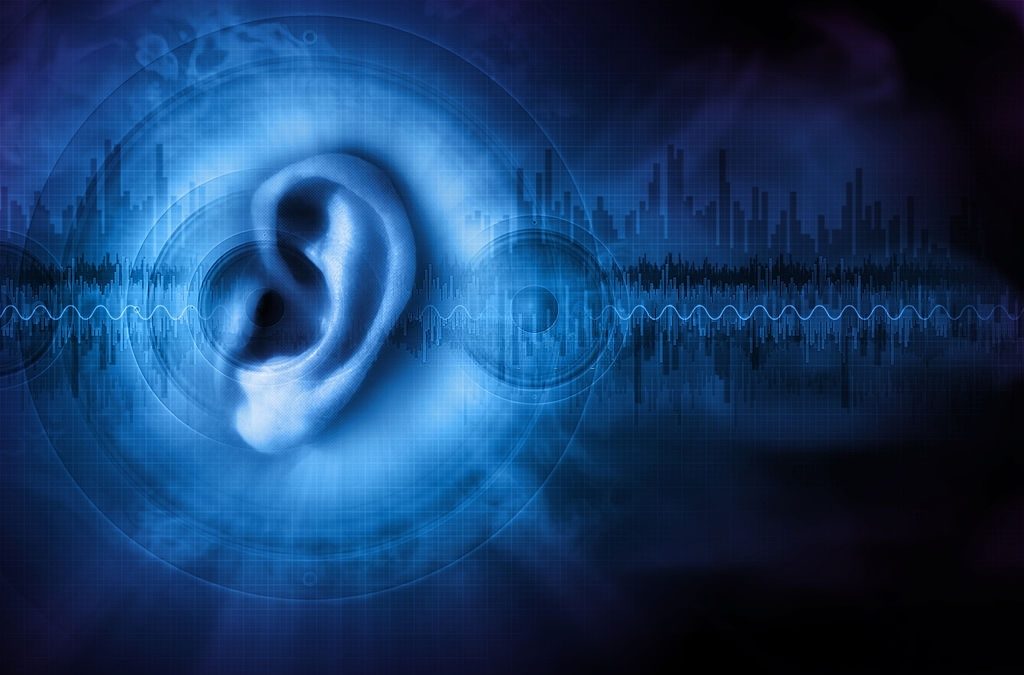Although there’s currently no way to restore a person’s hearing to its full capacity after a hearing loss, there are different kinds of treatments available to improve the condition. Procedures such as surgery and cochlear implants can restore a large portion of a person’s hearing. Moreover, the use of hearing aids makes it possible for people who suffer from partial hearing loss to hear again.
As the cells in the inner ear of humans and other mammals can’t regenerate by itself, any damage to the inner ear, especially the hair cells, can lead to a permanent hearing loss. The hair cells are the specialized inner-ear cells that are responsible for the transduction of sound-evoked mechanical vibrations into electrical signals that are carried to the brain. Several genetic and environmental factors, such as ageing and being overexposed to loud music, can destroy the key cells in the ear.
However, a study published in Nature Communications on 4th December 2019 offers some hope for the future. The study reported a new strategy to induce cell division. With this strategy, scientists can reprogram the inner ear’s cells to multiply and regenerate hair cell-like cells in adult mice.
This study is the first of its kind. It may provide an approach to the regeneration of the sensory hair cells and other crucial inner-ear cell types in people with hearing loss, helping restore their hearing naturally.
The following study was conducted by a team led by Harvard Medical School and Massachusetts Eye and Ear researchers. What they have discovered may bring scientists closer to developing treatments that regrow the missing hair cells that cause hearing loss.
Reprogramming Inner Ear Cells Via the Process of Transcription
The loss of inner-ear cells is what causes hearing loss. And the ability of the remaining cells in the inner ear to divide and repopulate the ear by itself isn’t possible. If it were possible, hearing loss would be restored naturally. However, research showed that cells could be induced to divide and regenerate hair cells after damage in the inner ear of a newborn mouse.
However, in fully mature ears, the ability of cell division is lost, and hair cell regeneration cannot happen. And in humans, even a newborn’s inner ear is already fully mature. Therefore, the researchers concluded that to develop new treatments for human hearing loss, it is vital to demonstrate that cell division and hair cell regeneration can be achieved in the inner ear of a mature mammal.
To demonstrate this, the researchers used a reprogramming approach in the new study to activate two molecular signals, Myc and Notch, in the adult ear. It was found that mature inner-ear cells can be induced to divide. And more importantly, some new cells developed characteristics of hair cells and the transduction channels that carry out the mechanical to electrical conversion. They were also able to form connections with auditory neurons, which is essential to hearing.
Reprogramming Inner Ear Cells: How Can It Be Achieved?
The work of the researchers proved that reprogramming is achieved by reactivation of early inner-ear developmental genes so that the mature inner ear will regain its neonatal properties, which will allow them to redivide and regenerate.
The most exciting aspect of the current study is that the fully mature inner ear of a mammal can divide and regenerate if it is reprogrammed sufficiently. When it is reprogrammed, it removes the fundamental barrier that has prevented the inner-ear regeneration essential for hearing.
The Latest Progress
The researchers are still working to discover additional druglike molecules to achieve cell division and hair cell regeneration in the inner-ear of a mature individual as well as large animal models.
They hope that their research will serve as a model for the regeneration of other tissues with similar properties that cannot regrow cells, like the retina and the central nervous system.
While the research is still in ongoing, people who suffer from partial hearing loss can still hear with the help of hearing aids. If you suspect you may have hearing loss, please feel free to make an appointment with our ENT specialist for a hearing test.



